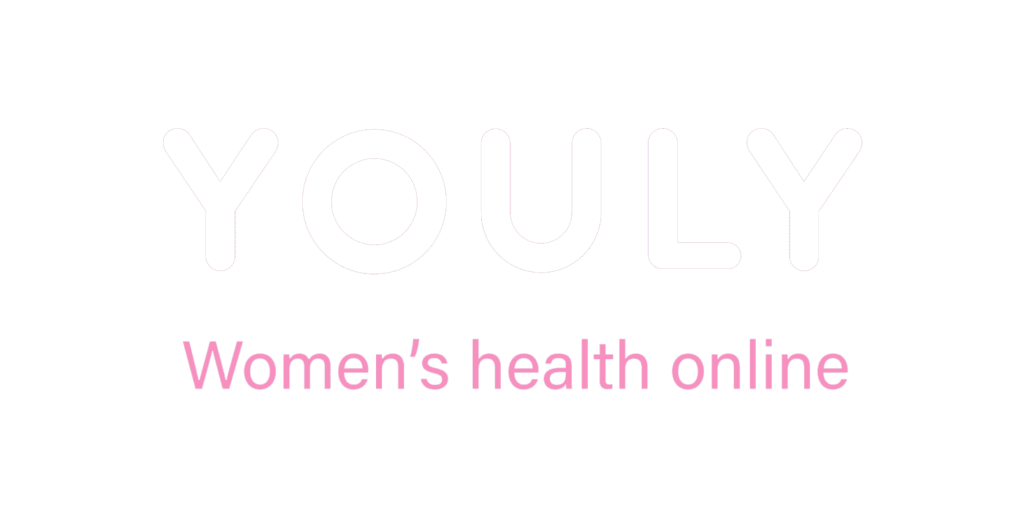Despite its name, trying to wrap your head around herpes simplex virus can be confusing. First of all, herpes is categorised into two types; herpes simplex virus 1 (HSV-1) and herpes simplex virus 2 (HSV-2). HSV-1 affects the mouth in the form of cold sores and HSV-2 affects the vulva area in the form of genital herpes. That’s right, cold sores and genital herpes are both caused by the herpes simplex virus.
Generally, HSV-1 is transmitted via oral-to-oral contact to cause infection in or around the mouth. HSV-2 follows a similar pattern in that it’s almost exclusively transmitted via genital-to-genital contact during sex to cause an infection in the genital or anal area. A common concern is whether cold sores can cause genital herpes, and that’s exactly what we’re here for. Let’s look at how herpes transmission works and the ways you can reduce your risk of receiving or transmitting the herpes virus.
Can you get genital herpes from cold sores?
In short, yes. While almost all cases of oral herpes are caused by HSV-1, herpes infections in the genital region can be caused by both, HSV-1 and HSV-2. The name of the transmission game here, is oral sex. When the saliva of someone with HSV-1 comes into contact with another person’s genitals, there’s a high risk of infection aka ‘hello herpes’.
HSV-1 is more common than you’d think, with an estimated 3.7 billion people under the age of 50 (67%) carrying HSV-1 globally. The thing is, HSV-1 can result in visible symptoms (cold sores), or it can be completely symptom-free. Many people with HSV-1 aren’t even aware they carry the virus due to having no visible symptoms. To be clear, herpes infections are most contagious when symptoms are present, however herpes can still be transmitted when a carrier appears asymptomatic.
So, how can you reduce your risk of getting herpes from oral sex?
The simplest way to prevent herpes transmission is through oral sex abstinence. Yep, no mouth-to-genital glory, ever. Since we’re not here for that outdated solution, the next best option is symptom management. You see, HSV-1 is most contagious during an oral outbreak. So, if your significant other is showing visible symptoms of herpes, abstain from mouth-to-genital contact until the outbreak disappears. We’re honestly not trying to burst your oral sex bubble, so if you find it hard to go on sexual hiatus for the duration of an outbreak, barrier protection methods like condoms and dental dams are effective back-up options.
And, here’s a guide on how to have safe sex with herpes we prepared earlier.
This blog is designed to be informative and educational. It is not intended to provide specific medical advice or replace advice from your medical practitioner.













